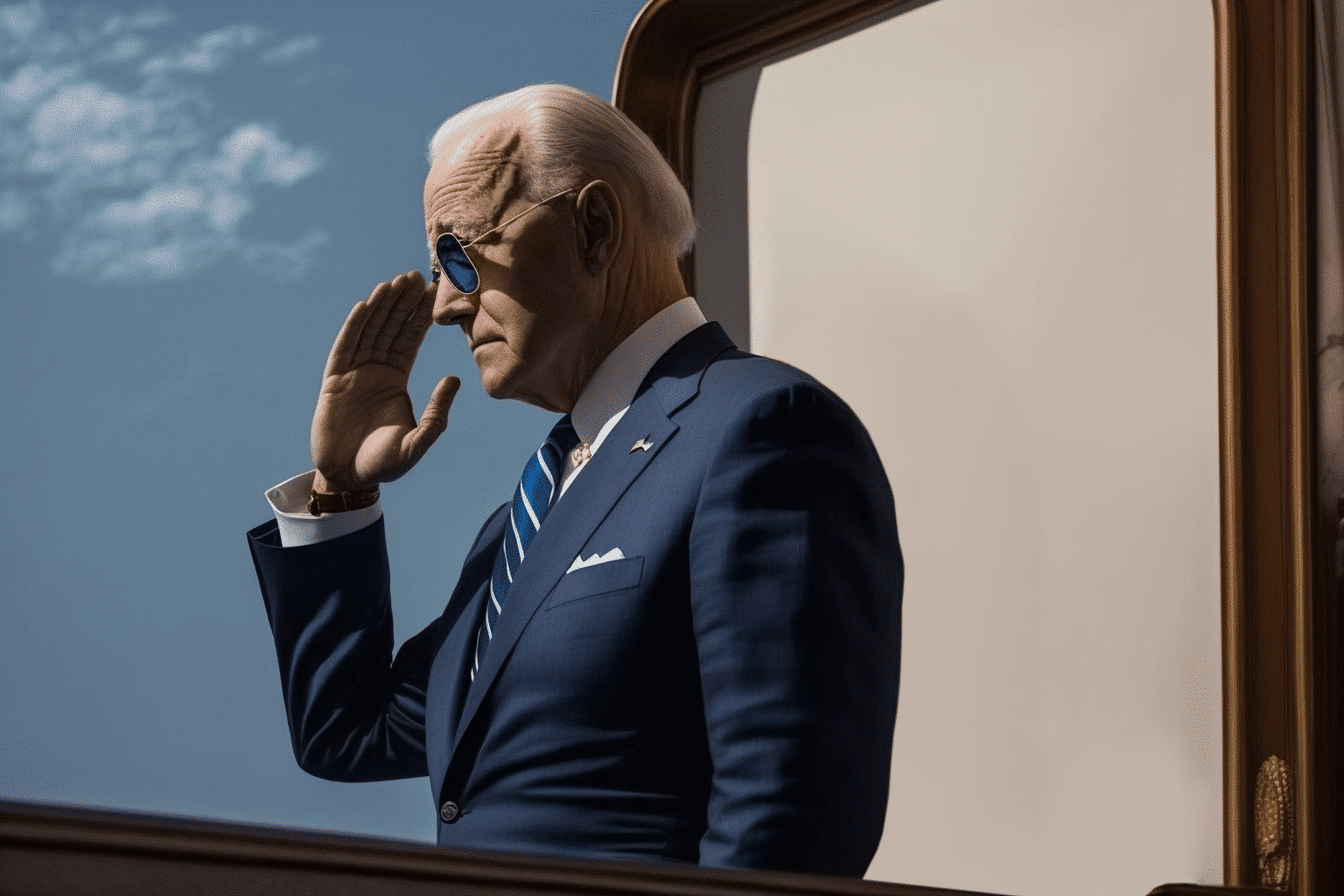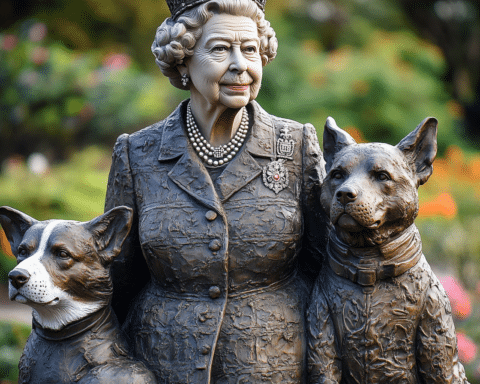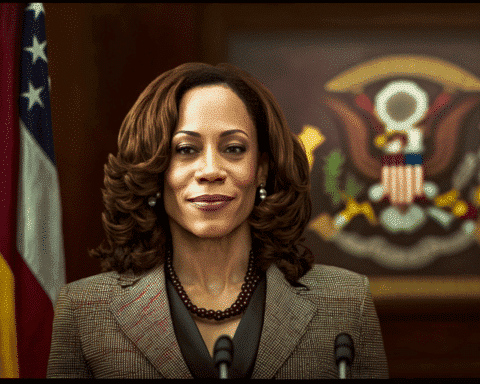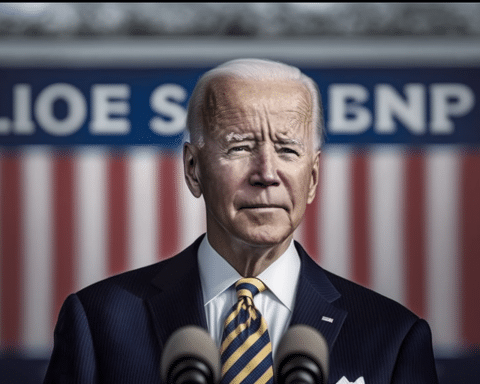On Tuesday, President Joe Biden began his journey to celebrate diplomacy and familial ties, acknowledging the U.S.’s part in resolving the deadly violence in Northern Ireland 25 years ago and reconnecting with distant relatives in the Republic of Ireland. This marks his first trip back as the U.S. president.
The Good Friday Agreement, which ended the violence in Northern Ireland that claimed 3,600 lives, celebrated its 25th anniversary on Monday. Biden’s visit coincides with a gathering of key figures in the peace process in Northern Ireland, which remains part of the United Kingdom.
Despite lingering divisions over the conflict’s legacy, Biden was determined to proceed with his travel plans. He is set to visit Belfast, Dublin, and the counties of Louth and Mayo during his four-day trip and address the Irish Parliament.
Biden will spend part of Wednesday in Belfast, meeting with UK Prime Minister Rishi Sunak and commemorating the Good Friday accord anniversary at Ulster University. He will then head to Dublin and County Louth to delve into his Irish heritage, which he is immensely proud of.
Before addressing Parliament and attending a dinner banquet, Biden will meet with Irish President Michael Higgins and Prime Minister Leo Varadkar in Dublin. The president will spend the last day of his trip in County Mayo, exploring his family genealogy and discussing U.S.-Ireland ties in front of a 19th-century cathedral partially built with bricks supplied by his great-great-great-grandfather, Edward Blewitt.
The Good Friday Agreement, signed on April 10, 1998, after nearly two years of U.S.-supported negotiations, ended the violence in Northern Ireland, known as “the Troubles.” However, Britain’s exit from the European Union has disrupted the delicate political balance established by the peace agreement, leading to a Northern Ireland Assembly standstill for over a year.
Biden has expressed support for the Windsor Framework, a more recent agreement between the UK and the EU, which addresses some Brexit-related issues. However, Northern Ireland’s political leaders are calling for changes.
Biden is expected to use the anniversary to underscore the U.S.’s positive role in promoting world peace, said Max Bergmann, director of the Europe, Russia, and Eurasia program at the Center for Strategic and International Studies.
As excitement builds in Ballina, the Irish town where one of Biden’s great-great-grandfathers emigrated, buildings are painted, and American flags are displayed. Many 19th-century emigrants from Ballina and County Mayo settled in Pennsylvania, and Ballina is twinned with Biden’s hometown, Scranton.
Joe Blewitt, a distant cousin, recalled Biden’s promise to return to Ballina after winning the presidency. He said, “His Irish roots are deep in his heart.”
Biden’s deep connection to his Irish roots is evident in his speeches and public remarks, where he often quotes Irish poets such as Seamus Heaney and William Butler Yeats and shares sayings from his late parents. According to the Irish Family History Centre, Biden is one of the most “Irish” U.S. Presidents, with 10 of his 16 great-great-grandparents hailing from Ireland. Around 1 million people died during the Great Famine of the mid-19th century, which forced them all to immigrate to the United States.
Approximately 30 million people in the U.S., or one in ten, claim Irish ancestry. Biden’s trip serves as a testament to the significant role of Irish Americans in U.S. political life.
Ireland has a history of welcoming American presidents with open arms, beginning with John F. Kennedy, another president of Irish descent, who visited in 1963. In 2011, Barack Obama received a rousing reception when he visited Moneygall, the hometown of one of his great-great-great-grandfathers.
Biden’s visit to Ireland is expected to strengthen the bond between the two countries and serve as a reminder of the United States’ role in fostering peace and diplomacy worldwide. The trip also highlights the importance of maintaining good relations between the U.S. and European countries, especially amid ongoing political challenges such as Brexit and its impact on the delicate balance established by the Good Friday Agreement.
The president’s trip to Ireland will undoubtedly leave a lasting impression on the people of Ireland and those of Irish descent in the United States as they celebrate their shared heritage and the progress made in establishing peace and understanding between their nations.




